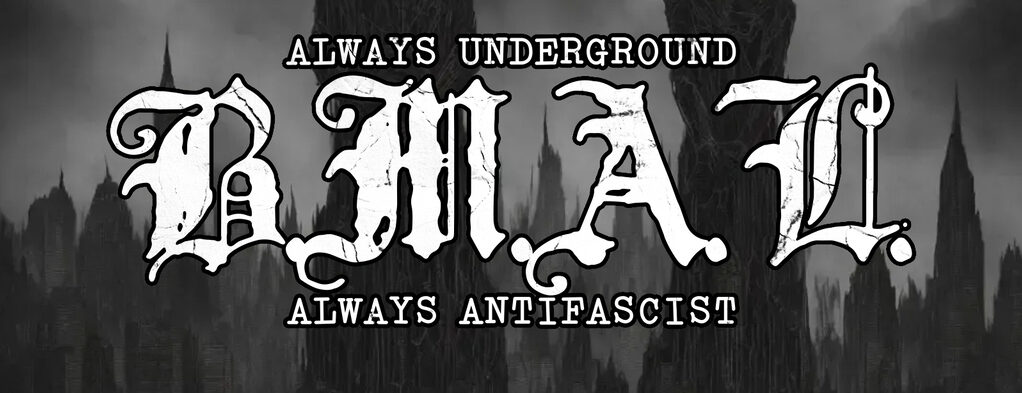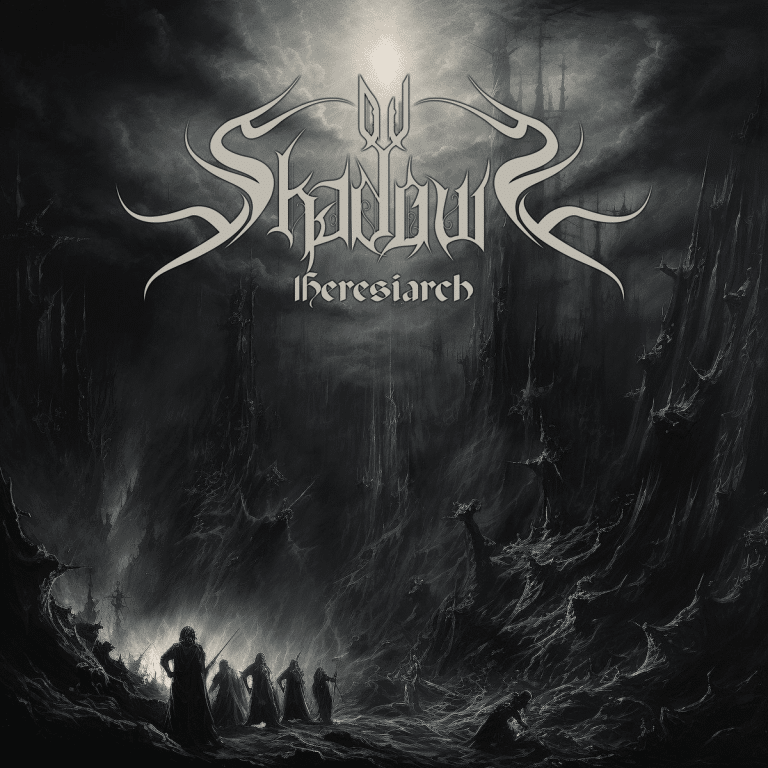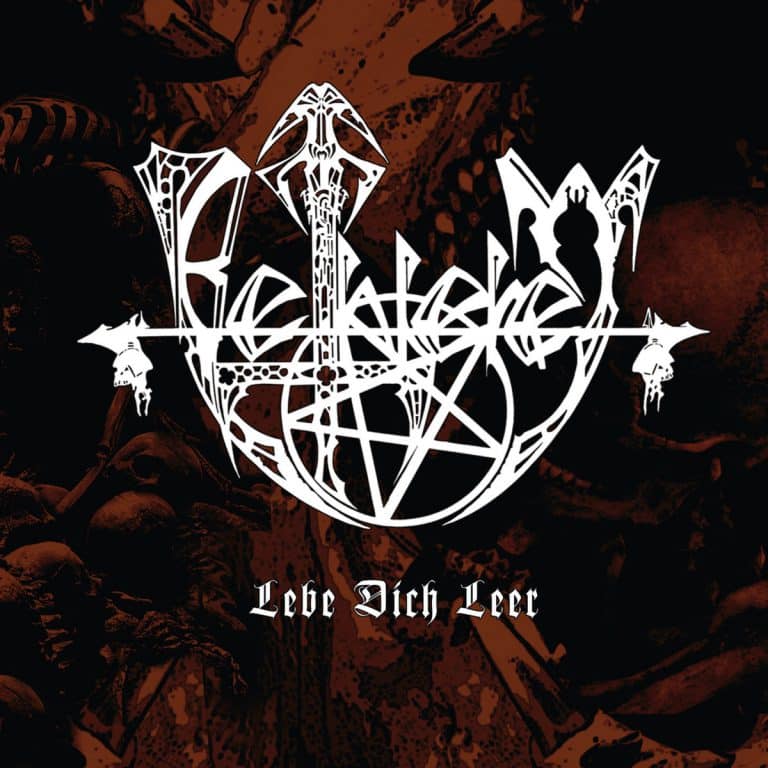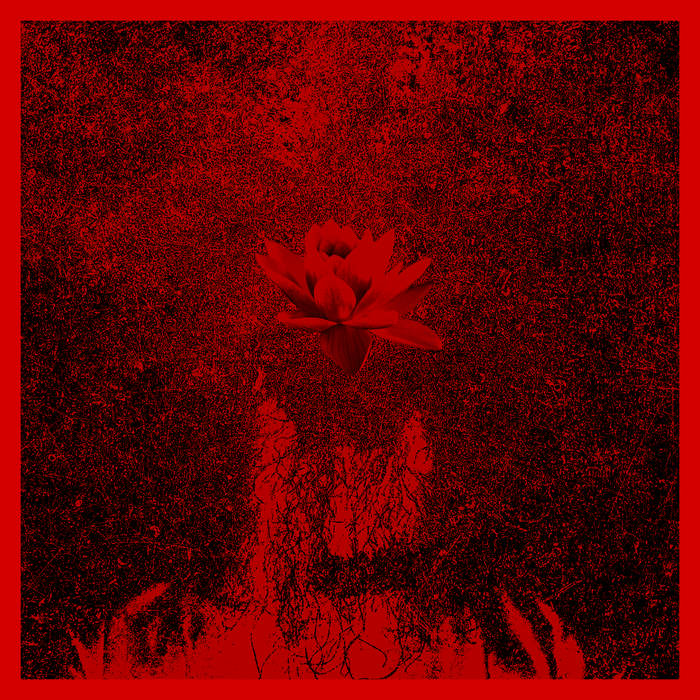When Black Widow released their debut album Sacrifice in 1970, they stepped boldly into territory few rock bands dared to tread because while many of their contemporaries flirted with mysticism and dark themes, Black Widow fully embraced the occult, delivering a theatrical, musically ambitious record that has since earned cult status.
Over five decades later, Sacrifice remains a fascinating and richly layered journey into the shadows of progressive rock.
At a time when bands like Black Sabbath – whose own debut album would be released only a few weeks after this one – were only beginning to tap into darker atmospheres, Black Widow leaned fully into the occult with both feet.
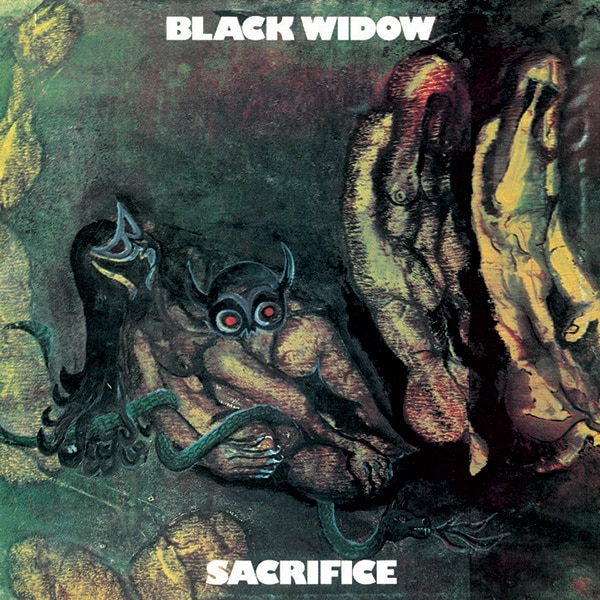
From the opening track In Ancient Days, the listener is drawn into a world of ritual, myth, and diabolism, guided by a dramatic fusion of progressive rock, jazz, and proto-metal. Clive Jones’s woodwind flourishes – particularly his eerie saxophone and flute work – bring a unique and almost mystical texture to the band’s sound, setting them apart from their heavier peers.
This should come as no surprise, however, as the musicianship on Sacrifice is exemplary.
Jim Gannon’s guitar work is both fluid, light and heavy, shifting seamlessly from psychedelic riffing to intricate acoustic passages. Meanwhile, Kay Garrett’s backing vocals – especially on the early version of Come to the Sabbat – add a haunting, ethereal layer that complements lead singer Kip Trevor’s commanding presence.
Of course, the standout track—and the one most associated with the band—is the aforementioned Come to the Sabbat. With its hypnotic chant of “Come to the sabbat, Satan’s there,” the song epitomizes the band’s fearless embrace of dark themes. But it’s more than just shock value—it’s catchy, rhythmically compelling, and strangely celebratory, showing how Black Widow used darkness as a lens for theatrical storytelling rather than nihilism.
What makes Sacrifice truly special is its cohesiveness as a concept album. Each track feels like a chapter in a larger ritual, culminating in the dramatic and genuinely unsettling title track Sacrifice. Here, the band blends narrative structure with musical complexity, creating an epic that is both musically adventurous and theatrically powerful.
In retrospect, Black Widow’s Sacrifice was ahead of its time. It paved the way for the development of occult rock and influenced a wide spectrum of artists in genres ranging from doom metal to goth. While it may not have achieved the mainstream success it deserved upon release, the album’s enduring legacy lies in its bold creativity, musicianship, and willingness to traverse taboo themes with style and substance.
For fans of progressive rock, occult aesthetics, or simply adventurous music from the early ’70s, Sacrifice is not just a curiosity—it’s a classic.
RATING 4.5 OUT OF 5
- 0: Fucking Shit
- 1: Shit
- 2: Not Bad Shit
- 3: Pretty Good Shit
- 4: Amazing Fucking Shit
- 5: The Best Shit You Will Ever Hear
